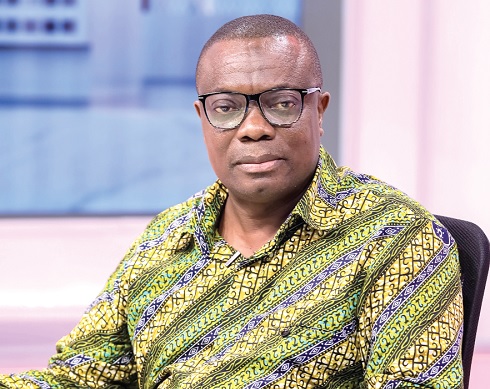- 67% of voters rate their MPs’ performance as excellent or good, 18% as poor.
- Survey conducted with 9,509 voters (telephone + face-to-face) across all 16 regions.
- NPP support declined from 30% to 27%, NDC from 44% to 42%; floating voters increased to 17%.
- Nearly 70% of voters are active on social media; top platforms are Facebook (28%) and TikTok (27%).
- Gen Z and Millennials (under 44) account for 78% of voters.
- 64% of voters prefer electing young leaders; 12% opposed, 24% neutral.
A recent national poll conducted by Global InfoAnalytics shows that most Ghanaians are satisfied with the performance of their Members of Parliament (MPs) in the Ninth Parliament.
According to the survey, 15% of respondents rated their MPs as excellent, 52% as very good or good, 14% as average, and 18% as poor or very poor.
The poll was conducted between September 15 and 23, 2025, with a total sample of 9,509 voters across all 16 regions. Data collection combined telephone interviews (1,997 respondents via Computer Assisted Telephone Interviews) and 7,512 face-to-face interviews across 83 constituencies. The survey had a 99% confidence level and a margin of error of ±1.30%.
Party affiliation trends showed slight shifts. Supporters of the opposition New Patriotic Party (NPP) declined from 30% in July to 27% in September, while support for the governing National Democratic Congress (NDC) dropped from 44% to 42%. Floating voters increased by 2% to 17%, and those who did not disclose party affiliations rose from 8% to 10%.
Social media habits revealed that nearly 70% of voters are active online. Of these, 28% use Facebook, 27% TikTok, 13% Snapchat, 12% X (Twitter), 10% Instagram, and 10% use other platforms.
The poll also highlighted the growing influence of young voters, with Gen Z and Millennials (under 44 years) making up almost 78% of the electorate. Among all voters, 64% expressed a preference for electing young leaders, 12% opposed, and 24% remained neutral.
These findings suggest that future elections in Ghana could be heavily influenced by younger voters and shifting party loyalties, with social media playing an increasingly central role in political engagement.



